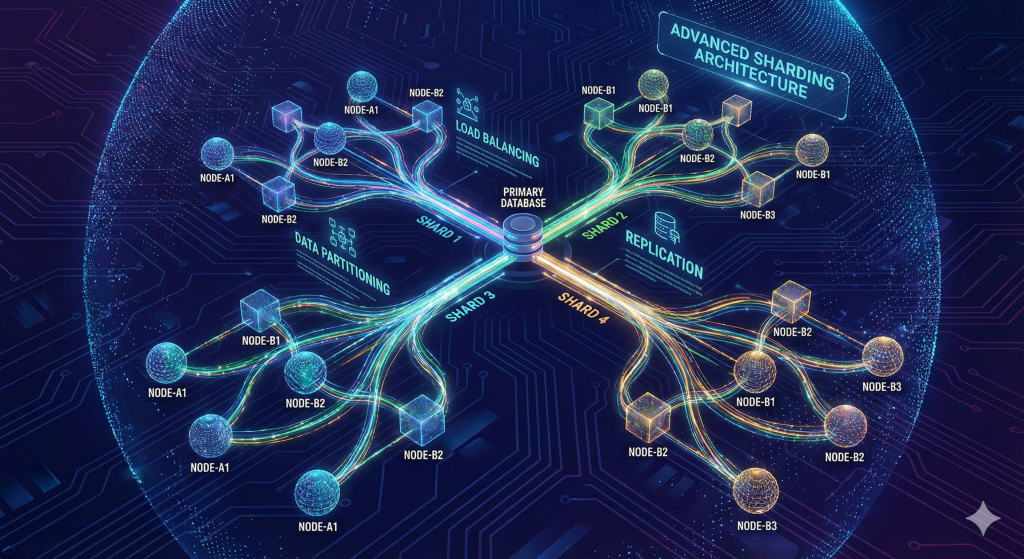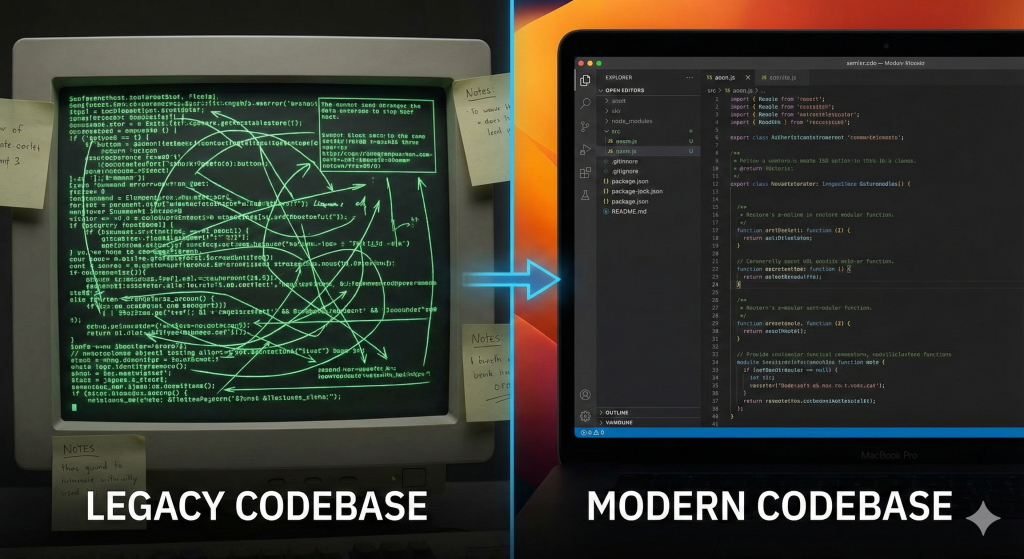Introduction: The Growing Importance of Soft Skills in Software Development
In today’s rapidly evolving technological landscape, software development is not only about mastering coding languages and technical frameworks; it is increasingly about building effective, collaborative teams. As projects become more complex and user-centric, the integration of soft skills such as communication, teamwork, and empathy is proving indispensable. Companies are recognizing that these skills not only enhance project outcomes but also improve decision-making processes. The modern software engineer must be prepared to bridge the technical and human divide, ensuring that both lines of expertise work in tandem. Recent research from sources such as Hyper Leap underscores the importance of these capabilities, making it clear that a balance of hard and soft skills is critical for sustained success.
Understanding Soft Skills: Communication, Teamwork, and Empathy
Soft skills are often defined as the personal attributes that enable individuals to interact effectively and harmoniously with others. In the context of software development, the following skills are of particular significance:
- Communication: The ability to clearly convey ideas and technical details to diverse audiences.
- Teamwork: Collaborating smoothly with team members to achieve common goals.
- Empathy: Understanding the perspectives of users and colleagues to create user-friendly and effective software solutions.
Each of these skills plays a vital role in ensuring that complex projects are delivered with precision and a human touch, as highlighted by experts and researchers in the field.
The Role of Communication in Project Success
Effective communication is the cornerstone of any successful project, particularly in software development where conveying complex technical concepts in an accessible manner is crucial. Communication skills allow developers to:
- Simplify intricate technical ideas for non-technical stakeholders.
- Ensure transparency and clarity throughout the project lifecycle.
- Facilitate conflict resolution and decision-making in fast-paced environments.
Sources such as Hyper Leap emphasize that developers who master communication are better equipped to align team efforts and respond efficiently to any project challenges.
Building Strong Teams: The Impact of Teamwork
Teamwork is integral to the dynamic workflows of software development. A strong team is more than the sum of its individual parts. It leverages the collective talents of its members to troubleshoot problems, innovate, and drive projects forward.
- Collaboration: Working together in an environment that promotes sharing and transparency can enhance productivity and reduce bottlenecks.
- Shared Vision: When all team members understand and commit to a common goal, they can more effectively align their individual contributions to meet that goal.
The research highlighted by Stack Force demonstrates that software teams that invest in building soft skills in teamwork enjoy smoother project executions and improved overall outcomes.
Empathy in Engineering: Understanding User Needs and Team Dynamics
Empathy, though sometimes overlooked in technical fields, is a critical soft skill that enables engineers to align their work with the actual needs of users. It also fosters better relationships within teams by promoting understanding and mutual respect.
- User-Centric Design: With empathy, developers can design interfaces and experiences that truly resonate with the end users, ensuring that the software is both intuitive and effective.
- Team Harmony: Empathy contributes to a supportive work culture where team members communicate openly, understand each other’s challenges, and collaborate effectively.
Insights from Vention Teams confirm that an empathic approach leads to better product designs and more cohesive teams.
Case Studies: Companies Successfully Integrating Soft Skills
Several forward-thinking companies have successfully integrated soft skills into their engineering cultures, reaping significant benefits in terms of both product quality and team morale. For example:
- Inclusive Work Environments: Companies that routinely practice feedback sessions and team-building exercises report higher employee satisfaction and improved project outcomes.
- User-Centric Innovation: Organizations that focus on understanding user needs through empathic research see marked improvements in product usability and market acceptance.
These case studies serve as tangible demonstrations of how soft skills can complement technical abilities to foster innovation and drive success.
Strategies to Develop and Practice Soft Skills in Tech Environments
Developing soft skills is an ongoing process that requires conscious effort and practical engagement. Here are several strategies software engineers can implement:
- Active Listening: Fully engage with your colleagues and stakeholders, striving to understand their perspectives and challenges. Resources such as FreeCodeCamp provide excellent insights on honing this skill.
- Seek Feedback: Regularly request constructive criticism to identify areas for improvement. This practice is supported by management advice from platforms like Global Software Companies.
- Participate in Team Activities: Engage in team-building exercises and collaborative projects. These activities ensure that interpersonal skills are continually refined, as recommended by experts from Hyper Leap.
- Continuous Learning: Enroll in workshops and online courses focused on leadership, communication, and other relevant soft skills. For further reading, consider the guidance shared by Coding Temple.
By incorporating these strategies into daily routines, developers can ensure that their technical skills are always complemented by equally strong interpersonal abilities.
Balancing Technical Prowess with Human Touch: A Path Forward
The future of software development lies in achieving a harmonious balance between technical expertise and soft skills. Developers who can seamlessly blend their coding acumen with empathic communication and collaborative leadership will be uniquely positioned to lead in an increasingly competitive market.
This balanced approach not only creates an environment where technical challenges are met with innovative solutions but also fosters a workplace culture that values every team member’s contribution. Emphasizing both aspects cultivates teams that are adaptive, resilient, and prepared to face future challenges.
FAQ
1. Why are soft skills important in software development?
Soft skills such as communication, teamwork, and empathy complement technical abilities by facilitating better collaboration, enhancing project outcomes, and ensuring that user needs are met. They help bridge the gap between highly technical work and human-centric design, leading to more innovative and practical solutions.
2. How can I improve my communication skills as a developer?
Start by actively listening to your colleagues and stakeholders, seeking regular feedback, and practicing clear and concise language in your discussions. Participating in public speaking courses or engaging in team meetings where you share ideas can also be very beneficial.
3. What are some practical ways to build empathy in a tech environment?
You can build empathy by involving yourself in user research, actively seeking to understand the challenges faced by end users, and engaging in team-building activities that enhance interpersonal understanding. Additionally, reflecting on user feedback and collaborating closely on design decisions helps cultivate an empathic approach.
Conclusion: The Future of Software Development in a Soft-Skilled World
As the software development industry continues to evolve, the integration of soft skills with technical expertise will become the norm rather than the exception. By embracing effective communication, fostering strong teamwork, and nurturing empathy, developers can transform both their projects and their personal career trajectories.
Looking forward, companies that prioritize these skills alongside technical excellence are poised to lead the market. The future is not just about writing code—it’s about writing the future, one that harmonizes the technical with the human. Embracing this holistic approach not only drives innovation but also creates more adaptive, resilient, and forward-thinking teams ready to tackle tomorrow’s challenges.



